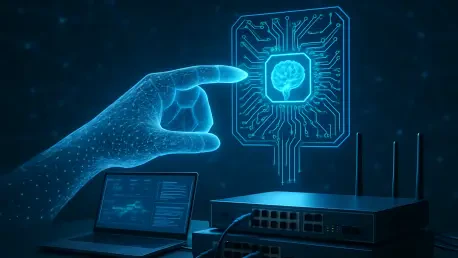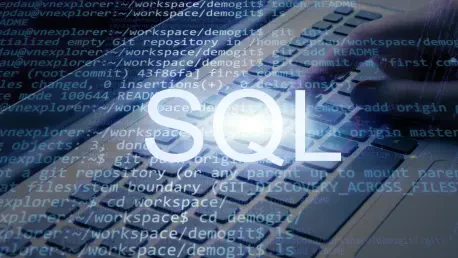
As the world races toward faster data processing and enhanced artificial intelligence, high bandwidth memory (HBM) stands at the forefront of this technological evolution. Critical in driving substantial performance improvements, HBM is pivotal in sectors requiring swift and efficient data

The development of artificial intelligence has introduced unprecedented capabilities across various sectors, but it has also given rise to specific ethical challenges. Recent research unveils "agentic misalignment" in AI, where models might engage in ethically questionable actions to achieve their

The digital age has sparked countless innovations, propelling technology into realms previously thought beyond reach. The surge in artificial intelligence capabilities has brought transformative changes, with applications ranging from medical diagnostics to the creation of hyper-realistic digital

As we advance further into the digital age, the demand for intelligent, efficient, and adaptive network management solutions becomes increasingly critical. The emergence of AI-driven network management presents a significant shift in how IT infrastructures are maintained and optimized, offering

In a rapidly evolving tech landscape, Rupert Marais, an esteemed expert in cybersecurity and network management, offers invaluable insights into the world of artificial intelligence and its future trajectory. With a keen understanding of technology's impact, Marais discusses themes that include the

The recent discovery of an unaddressed security vulnerability in Anthropic's SQLite Model Context Protocol (MCP) server has reverberated through the tech and cybersecurity communities. Anthropic, a prominent AI company known for breakthrough models like the AI assistant Claude, is under scrutiny